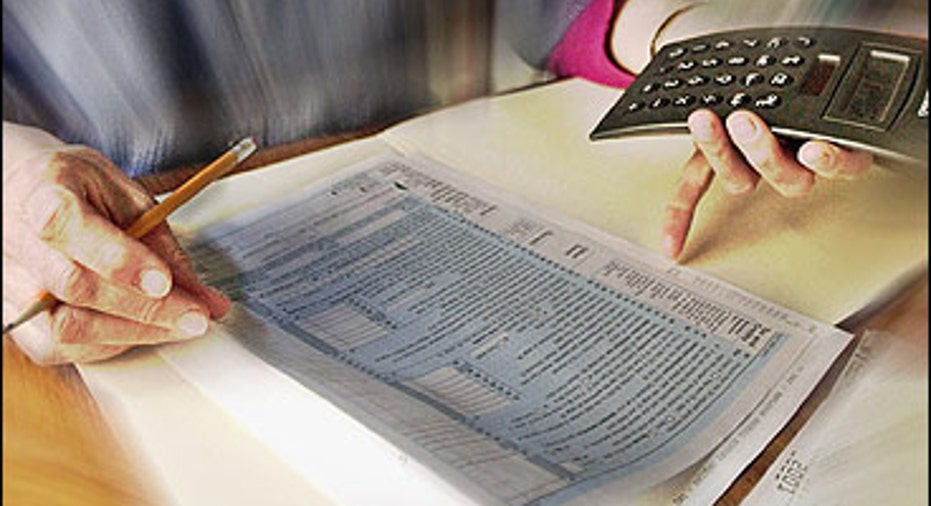Deducting Your Home Office Costs

Whether you are self-employed or an employee, if you use a portion of your home for business, you might be able to deduct the associated costs.
A home office deduction is generally easier for self-employed individuals to claim. But even then, the Internal Revenue Service has certain requirements a taxpayer must meet.
General Requirements
First, your home office area must be used regularly and exclusively for your business needs. You can't set up a computer in your den, sporadically type invoices and claim that room as your home office.
Exclusive also means what it says, to a point. The IRS says the area of your home can be a room or other separately identifiable space. But the space, says the IRS, does not need to be physically marked off from the rest of the room. Regardless of what specific space is your home office, you must use that room or area just for work.
The business part of your home must be either your principal place of business or where you meet or deal with patients, clients or customers in the normal course of your business. A separate, detached structure, such as a garage or guesthouse, that is used for business also may qualify as a home office.
A few years ago, the IRS broadened the business activities that can be considered in determining whether a home office is a taxpayer's principal place of business. Now, if a home office is used exclusively and regularly for the administrative or management activities of your business, it also qualifies.
Such things as billing operations, keeping your books and records, ordering supplies or setting up appointments qualify as administrative duties. Be careful here. The IRS cautions that your home location must be the only place where you can fulfill these responsibilities.
Possible Break for Employees, Too
If you are an employee who also works at home, you must meet the same home office standards as do self-employed taxpayers. However, as an employee, your use of a home office to do your job must be for your employer's convenience.
There are no hard-and-fast rules when determining whether your home's business use is for your employer's convenience. It depends on all the facts and circumstances.
A common case where this tax-deduction requirement applies, for example, is if your company does not provide you space at its location. However, having a home office simply because it makes things easier for you and your boss generally won't pass IRS home office muster.
Where to Claim Home Office Costs
If you meet all the requirements to claim a home office, some of the expenses you can deduct include a portion of your real estate taxes, deductible mortgage interest, rent, utilities, insurance, depreciation, painting and repairs. The total amount you can deduct depends on the percentage of your home used for business. Your deduction will be limited if your income from your business is less than all your business expenses.
Self-employed taxpayers need Form 8829 to figure the home office deduction. They then must report this amount on Schedule C.
Employees can use the work sheet found in IRS Publication 587, Business Use of Your Home, to calculate allowable expenses. The costs then are claimed as itemized deductions on Schedule A. The example on Pages 18 and 19 of Publication 587 details how an employee would claim itemized home office deductions.
Selling Your Home and Home Office
While the home office deduction can help lower your tax bills, it does increase your tax-filing and compliance duties. And it could have some tax consequences when you sell your home. The largest tax factor here is depreciation claimed on the home office space.
One home office issue, however, is no longer a tax problem when you sell your residence. Previously, when you claimed a home-based business deduction, you owed tax on that percentage of your home when you sold. A $100,000 profit on a home where 20% of the space was dedicated to business meant taxes were due on $20,000.
In December 2002, however, the IRS decided that taxpayers no longer have to allocate gain between business and residential use if the business was conducted totally within the residence. So there's no problem if your office is in your spare bedroom.
But if it's in the guesthouse in your backyard, the portion of your sale proceeds attributable to that separate structure would be taxable, even though the building was part of your overall home sale. And you still must pay tax on the gain equal to the depreciation on the home office.



















